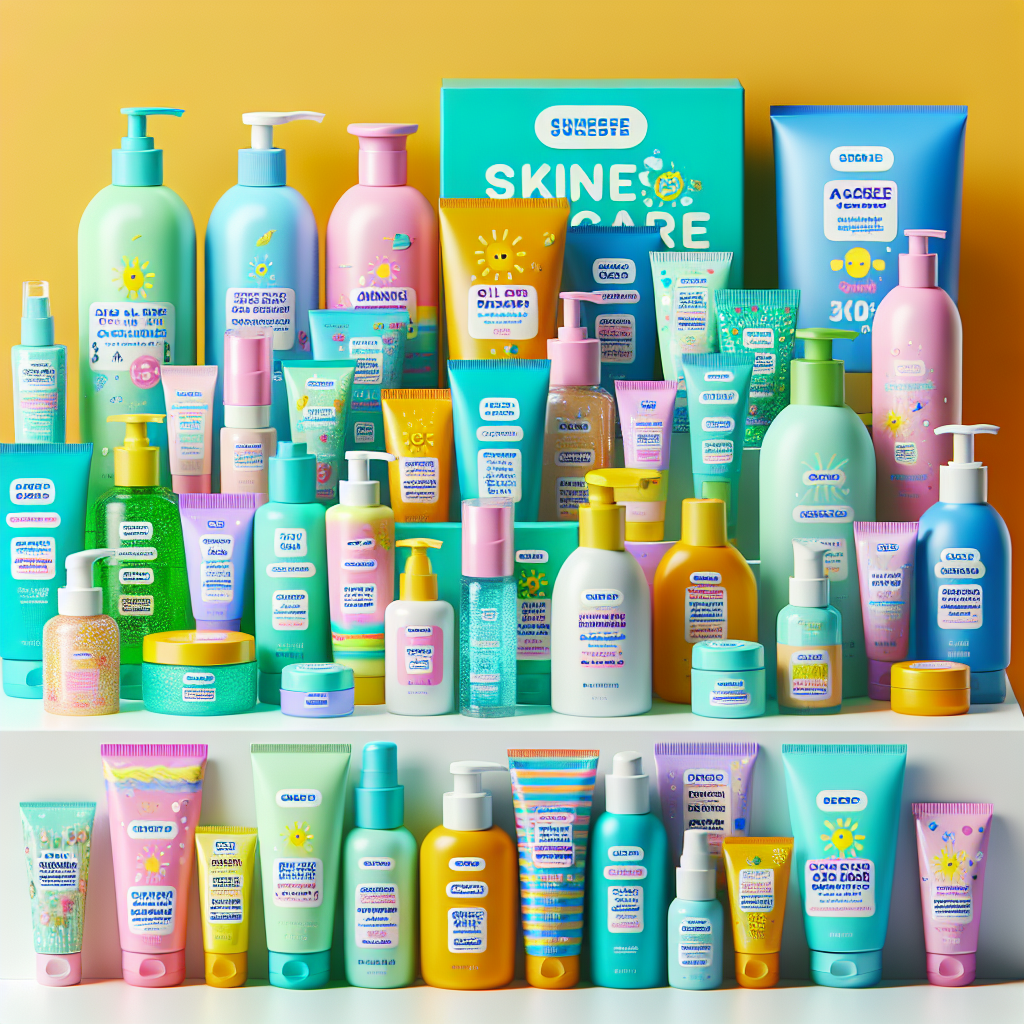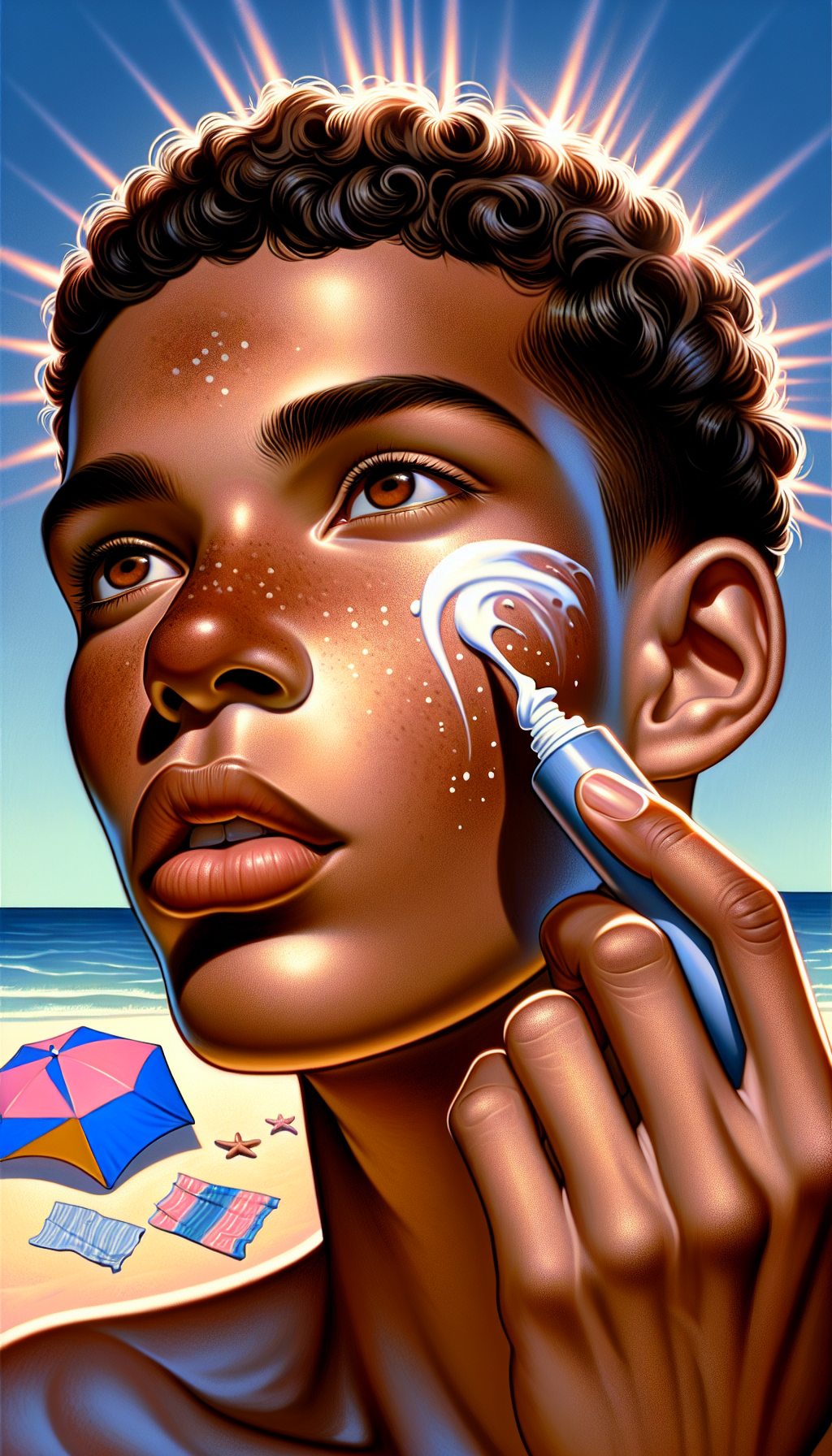Adolescence is a pivotal period in an individual’s life, marked by significant physical, emotional, and social changes. Among these changes, skin health emerges as a critical concern due to the onset of puberty and the host of skin-related issues it can introduce. Skin care education during this time is not only vital for promoting healthy habits but also for instilling a sense of self-care and confidence in young individuals. This article explores why skin care education is essential in adolescence and how it can lay the foundation for a lifetime of healthy skin practices.
Understanding Adolescent Skin
The teenage years bring about a surge in hormones, particularly androgens, which can cause the sebaceous glands to produce more oil, leading to acne and other skin issues. Adolescents need to understand their skin health to manage these changes effectively. Educating them on different skin types, the impact of hormones, and the importance of a tailored skin care routine can make a significant difference in their skin’s health and their self-esteem.
The Impact of Proper Skin Care Education
Educated adolescents are empowered to make informed decisions about their skin care. A good understanding of skin hygiene, the role of diet, and the effects of lifestyle choices on the skin can prevent common issues like acne, which affects up to 85% of teenagers. Furthermore, educating on sun protection and the risks of UV damage is crucial as habits formed during adolescence often carry into adulthood.
Establishing a Routine
A consistent skin care routine is beneficial at any age, but it’s particularly crucial during adolescence when the skin is more prone to breakouts and oiliness. An effective routine includes cleansing, moisturizing, and applying sunscreen daily. For many teens, this may also be the first time they are introduced to exfoliation, which can help prevent clogged pores and improve skin texture.
Navigating Skin Care Products
With the overwhelming number of skin care products on the market, adolescents can benefit greatly from education on how to choose the right products for their skin type. This includes understanding ingredients, recognizing harmful additives, and avoiding products that can exacerbate skin problems. Resources such as EWG’s Skin Deep provide valuable information on the safety of cosmetic ingredients, helping teens make safer choices.
Addressing Acne and Other Skin Concerns
Acne is a common concern during adolescence, and proper education can help teens understand that acne is a normal part of development and not a reflection of poor hygiene. Learning about the causes of acne and the available treatments can demystify the condition and reduce the stigma associated with it. Moreover, resources like the American Academy of Dermatology offer in-depth guidance on acne management.
The Role of Diet in Skin Health
Diet plays a significant role in skin health, and educating adolescents about the connection between what they eat and their skin’s appearance is crucial. A balanced diet rich in fruits, vegetables, lean proteins, and whole grains can promote healthy skin. For specific dietary advice related to skin health, the Academy of Nutrition and Dietetics is an excellent resource.
The Psychological Impact of Skin Issues
Skin issues during adolescence can lead to decreased self-esteem and social anxiety. Proper education can provide coping strategies and support, helping teens understand that they are not alone in their experiences. External resources like TeensHealth offer articles and advice on dealing with the psychological aspects of skin problems.
Sun Protection and Long-Term Skin Health
Educating adolescents on the importance of sun protection is critical for preventing skin cancer and premature aging. It’s important for teens to understand the need for daily sunscreen use, regardless of weather or season. The Skin Cancer Foundation provides in-depth information on sun safety and the importance of regular skin checks.
Interactive Learning and Skin Care Workshops
Hands-on learning experiences such as workshops and seminars can be highly effective in teaching adolescents about skin care. Interactive sessions led by dermatologists or skin care professionals can engage teens and encourage them to ask questions and participate actively in their skin health education.
Conclusion
Skin care education in adolescence is not just about teaching teens how to wash their face or choose a moisturizer. It’s about equipping them with the knowledge and tools they need to navigate the changes their skin undergoes during this time and beyond. By providing comprehensive education and resources, we can help adolescents develop healthy skin care habits that will benefit them for a lifetime.
The journey to healthy skin is lifelong, and adolescence is the perfect time to start. With the right information and habits in place, today’s teens can become tomorrow’s adults with healthy, radiant skin.



